shū
die, different
Phonosemantic compound. 歹 represents the meaning and 朱 represents the sound.
Evolution

Oracle script
(~1250-1000 BC)
Oracle script
(~1250-1000 BC)
Seal script
Shuowen (~100 AD)Regular script
ModernDefinitions
shū
different, special, unusual; different; unique; special; very; (classical) to behead; to die; to cut off; to separate; to surpass
Most common words with 殊
Freq. | Word | Meaning |
|---|---|---|
special | ||
widely different | ||
unique | ||
special glory | ||
little imagined |
Sources
